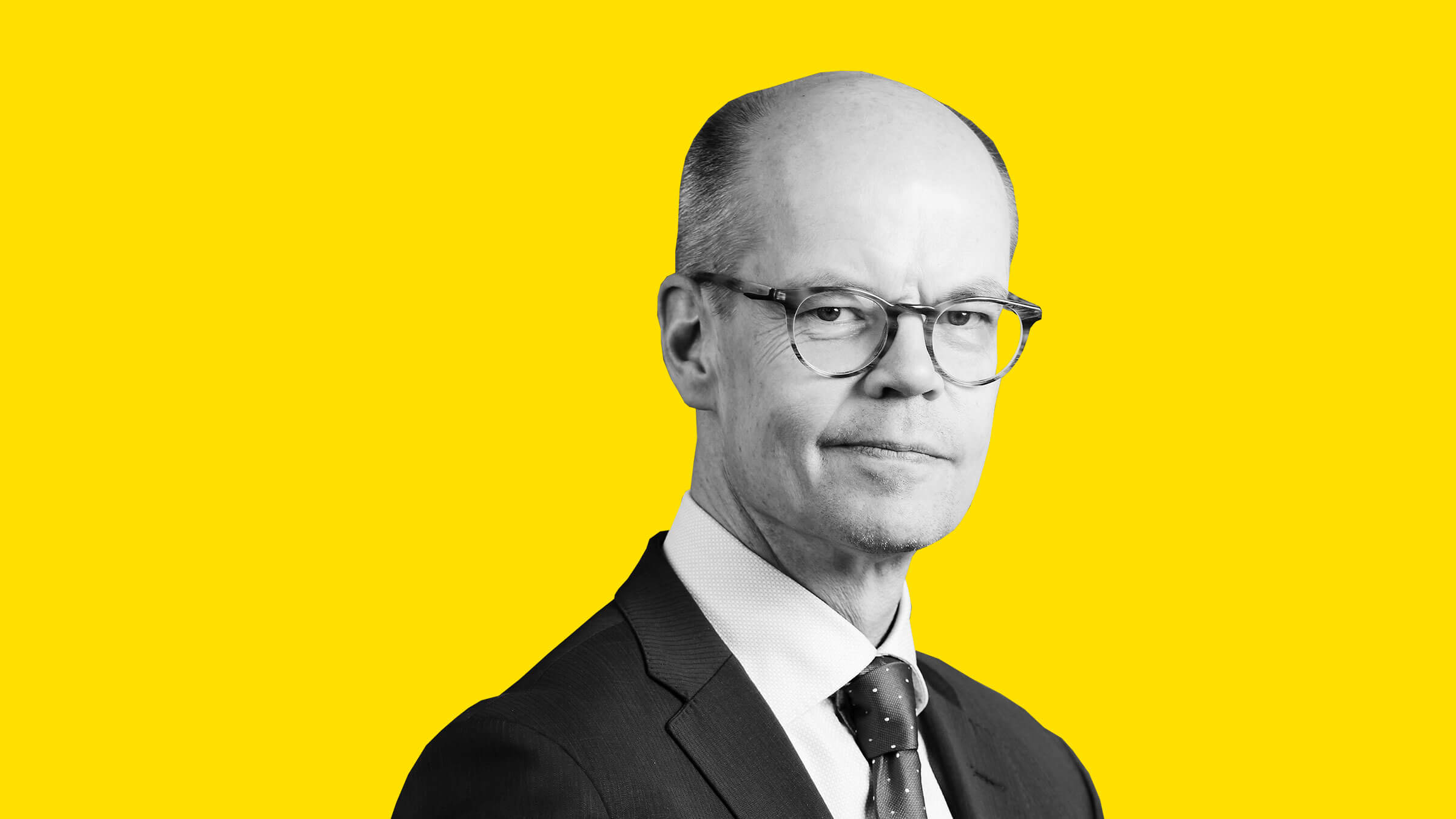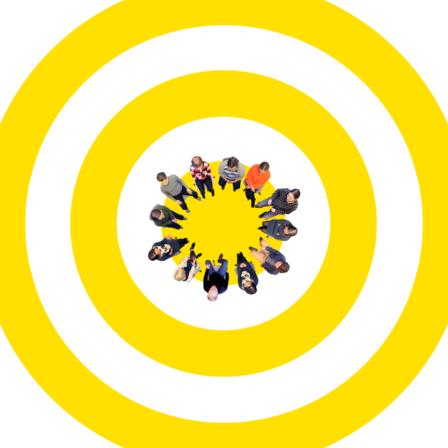“Ba!” exclaims the Director General for Finnish National Agency for Education Olli-Pekka Heinonen.
We are talking about high-quality interaction when Heinonen has an idea. Ba is a concept used by Ikujiro Nonaka, a Japanese researcher of organisations and information, and it means building a space of trust for knowledge creation.
Heinonen thinks that such spaces are needed in Finland just now. The best thing is that Ba fits easily into Finnish culture.
“For Nonaka, the Finnish sauna is an example of Ba. It is a place where everyone is naked and equal. There is space to think and speak. In the sauna, nobody speaks over the other. There is no agenda in the sauna. It is a respectful space for communication. It enables free association in discussion.”
Finland is stuck. Should we bring back politicians’ sauna culture, so that something would happen again?
“Haha, yeah, but with the clothes on.”
In other words, we need to build more “saunas” in Finland – equal spaces of trust.
Being on the same level is central to dialogue
Dialogue lifts its head. Ex-minister, Member of Parliament, State Secretary and current top official Heinonen is one of its most prominent supporters.
“Change is happening at a faster pace, there is more complexity and it is more difficult to use foresight. Results can only be achieved when all parties involved operate in the same space. They will create an entirely unique solution together.”
There is a lot of talk about dialogue. What does it really mean?
“Being on the same level is crucial. Instead of aiming at a consensus, its is important to highlight the different starting points, so that diversity can be considered and accepted.”
Heinonen has thought deeply about dialogue, all the way to the roots of democracy. Some have won and some have lost in the building of nation states. Sometimes through violence or discrimination. He mentions Sami people as an example. Some might mention the traumas of 1918.
“Quite often there are situations behind societal problems in which somebody has subordinated another one. Dialogue is all about breaking such paths of development.”
A democracy based on the logic of winning has reached a lot, but now we have to move into a qualitatively new phase. We have to improve the quality of interaction.
Democracy has accomplished a lot, but we have to move into a new phase.
“Experimentation is included in the government programme. It could also include dialogue.”
This involves a major shift. Scientists would talk about a paradigm change.
Previously, management used strategies. They were put into practice by subordinates. In a complex world, managing cannot take place by strategies, as nobody has a clear view of the future. One can only try to approach the future through a discussion in which everybody’s contribution is equal and respected.
So, Finland’s strategy is the dialogue?
“Exactly!”
What does dialogue mean in practice? As state secretary, Heinonen founded a change-makers network in the ministries. The change-makers are authorities, who cross the boundaries of public agencies and create cooperation.
“I compiled a group of people, and the idea took off. There are a couple of hundred decision-makers in the Finnish Government.”
As another example, Heinonen mentions the Vanguard model of British healthcare, in which a group of professionals and a support network bring care to a patient. A safe space is created in which people dare to be themselves. This is different from the mainstream model familiar in Finland, in which a person is circulated from one professional to another in the hope of finding partial answers to his or her ailments.
In other words, examples of good spaces of dialogue exist. However, they are exceptions. In some places, steps have been taken in the wrong direction.
“Earlier, dialogue was used in government sessions. Nowadays the sessions take between five and ten minutes. There are no presenters or officials. It is an entirely formal event, which does not create joint discussion.”
In other words, government sessions need more Ba spaces?
“Yes.”
Green Member of Parliament Antero Vartia thinks that politicians should sit in a circle. He has said that he has not had a decent dialogue during his three years in the parliament.
Does Heinonen, ex-member of parliament and state secretary, share the same experience?
“Yes, I do,” he sighs. “It is extremely rare. The numbers of party members have dropped, and value investigations indicate that parties have grown apart. The will to find common good has diminished.”
What has Heinonen done in the Finnish National Agency for Education in order to promote dialogue? He thinks for a moment. There is facilitator education and networking and such… but let’s get to the grass roots.
“On a small scale, this table is one example,” Heinonen says and points at a low coffee table between our armchairs.“When I arrived here, there was only one big table in the room. At the table, members of the board were talking about the director general. I was wondering who to talk to. I wanted a space in which people could think aloud. I asked the assistant if an old table and chairs could be found in the basement. The mood is entirely different here than at the big table over there.”
And so, it is possible to start a paradigm change towards a dialogue with a small interior design solution in the corner of your workspace.
Heinonen has worked as a member of parliament, and been in charge of Yle’s Finnish-speaking television operations, the Ministry of Transport and Communications and the Ministry of Education and Culture, and now the Finnish National Agency for Education.
What else would he like to do?
“I would like to create lasting conditions for other people to succeed. That would be meaningful.”












Learning from dialogue
This is how it works.